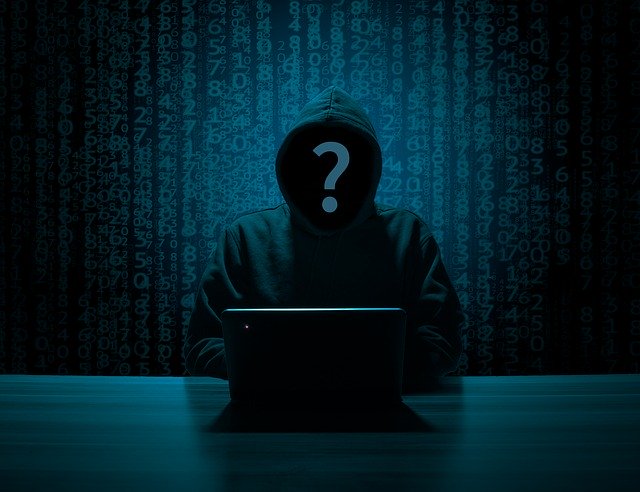Here’s a few tips on How To Protect Yourself From Identity Theft

As we move more of our lives online, the risk of identity theft increases. Identity theft is when someone uses your identity for financial gain. This includes opening up new credit cards in your name or even accessing your bank accounts and withdrawing funds. More serious forms of identity theft involve getting one’s social security number, allowing thieves to do everything from stealing government benefits to getting medical care that you’ll be financially responsible for. But there are many ways to protect yourself.
Protecting Yourself
Read More »Passwords are where people get themselves into trouble. Using a simple password makes it very easy for hackers to break into your accounts. Think about everything you need a password for: online banking, social media, email, work accounts, online shopping, and so forth. Many of these accounts will have your credit card information, address, and other private information that can be stolen by anyone with the right tools. One of the biggest mistakes people make is using the same password for multiple accounts.
The easiest way to keep your accounts secure is to use a password manager. They will securely store all of your information and you will only need one master password to access all your accounts. Additionally, use two-factor authentication for your online accounts. This will require you to enter code that is texted to you in addition to your password.
Phishing Scams
Phishing scams are a little harder to detect. Phishing is when a scammer tricks you into giving you your personal information, like an account password, credit card information, and so forth. Typically, a scammer will send you an email that looks like it’s coming from a company you have done business with. The emails might tell you there’s a problem with your account and you need to log in to fix the problem. Or they might want you to confirm or update your personal information. The scammer will count on you clicking on the link embedded in the email and then log in to your account. The scammer now has access to your information.
To protect yourself, be wary of any emails that don’t look quite right. The sender’s email address might look off. For example, instead of the address being support@companyname.com, it might be support@123.companyname.xyz.com. Further, the message in the email might not be well-written or consistent with previous messages from the company.
Instead of clicking on the link in the email, go directly to the company’s website and log in from there. If there really are issues with your account or they need further information, you’ll be notified after you log in to the legitimate company website.
Finally, if you suspect an email is a phishing scam, most larger companies have ways to notify them of the scam. By reporting the email, the company can warn other customers and implement further security measures.
Public Wi-Fi
Public Wi-Fi is all over these days. Many coffee shops, restaurants, stores, and other public places have their own wi-fi network that are usually free to use. While it’s very convenient to use free wi-fi, it does come with risks. Most of these free wifi networks are not secure. This means that anything you do on any website is not encrypted. Anyone with a little computer knowledge can literally see everything you’re doing while your computer is connected to the public network.
Protecting yourself involves using a virtual private network, or VPN for short. A VPN basically encrypts all your data as it’s transferred over the wifi network. So when a hacker tries to sniff out what you’re doing, they’ll only see a bunch of garbled letters, numbers, and symbols. There are a lot of VPN services to choose from and you can use them on your phone, tablet, and computer. They usually cost a few dollars a month but well worth the money if you find yourself using public wifi a lot.
Records
Everyone has personal records. These documents can include everything from birth certificates, social security cards, to house deeds, and even bank and credit card statements. If these documents fall into the wrong hands, a thief can easily steal your identity. Keep these vital documents safe by either keeping them in a secure location (like a safe) in your home. An even better place is a safety deposit box at your local bank. For a small fee, you can store sensitive documents in a bank vault that only you can access.
Credit Score
Your credit score affects everything from making large purchases like cars and homes, to getting approved for a new credit card. You want your score to be as high as possible because it shows you can manage your debt. If your identity is stolen, your credit can suffer. To prevent this from happening, it’s important to monitor your score via one of the credit reporting agencies. You can also closely monitor all transactions on your credit cards. Report any suspicious activity to your banks or lending institutions. Most credit monitoring agencies have tools to help if you think your identity has been stolen. The key is to take action right away if you think your information has been compromised.
Always Stay Vigilant About Your Personal Information
The above are just a few ways to protect yourself from identity theft. As scammers and thieves get more creative, consumers must become increasingly vigilant. But keeping your accounts secure and information private isn’t too hard, especially since cybersecurity is evolving to counter many threats.





